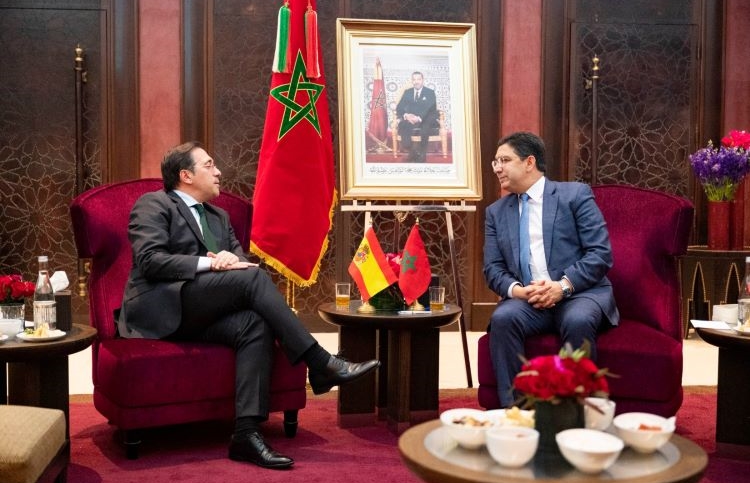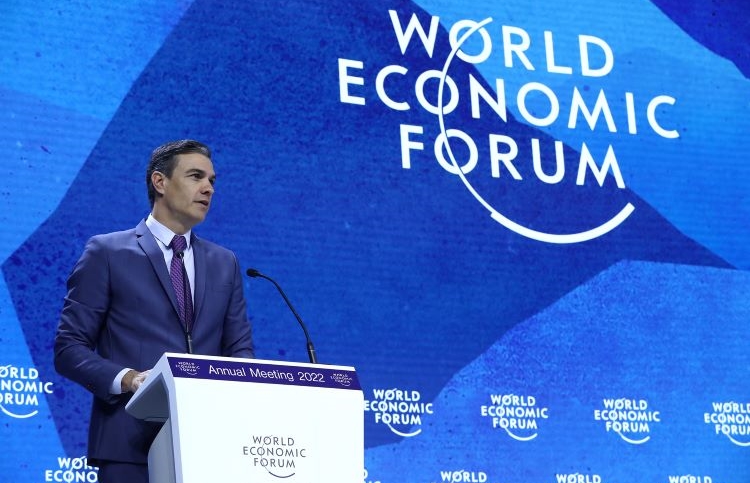The Diplomat
The Minister of Foreign Affairs, José Manuel Albares, will pay a visit to the Canary Islands today on the occasion of the celebration of Africa Day and to discuss with local authorities the impact of the new stage of relations between Spain and Morocco and the roadmap agreed last April 7 in Rabat between the President of the Government, Pedro Sánchez, and the King of Morocco, Mohamed VI.
According to the Ministry of Foreign Affairs, Albares will travel to Las Palmas de Gran Canaria to participate, at Casa África’s headquarters, in the events of Africa Day, which is celebrated every year on May 25. In this context, the minister will attend a lunch with African ambassadors accredited in Spain, “with whom he will review the challenges that the Government’s foreign policy has set within the framework of the XII Casa África Diplomatic Council”.
Before that meeting, Albares plans to meet in Tenerife with the president of the Community, Angel Víctor Torres, with whom he will review issues of special interest to the Islands and will discuss “various aspects of Spain’s foreign projection through the Canary Islands, especially as a platform to Africa”. More specifically, the minister and the president will address the current state of relations with Morocco and its impact on the Canary Islands.
Just a month ago, Torres himself announced before the regional Parliament that the Foreign Minister was preparing a trip to the archipelago to explain the new stage that has opened in Spanish-Moroccan relations with the decision of Pedro Sanchez to show his support for the Moroccan autonomy plan for Western Sahara. In the opinion of the Canary Islands president, this about-face in Spanish foreign policy will favor the Canary Islands both in migratory matters and in the delimitation of territorial waters.
On May 10, Albares declared in Marrakech, after his first bilateral meeting with his Moroccan counterpart, Naser Bourita, that one of the “first fruits of this new stage” has been “the relaunching of migratory cooperation”. “We have noted a significant decrease in the arrival of irregular immigrants to the Canary Islands and to the peninsula, and I want to recognize here the extraordinary work of the security forces of both countries,” he continued. According to data from the Ministry of the Interior, the arrival of irregular migrants to the Canary Islands fell by 78% in April compared to January.
The other two major problems between the Canary Islands and Morocco are the delimitation of territorial waters -after the Moroccan Parliament approved, at the beginning of 2020, two laws on maritime delimitation which conflicted with Spanish territorial waters in the Canary Islands- and the gas and oil explorations being carried out by Morocco near the archipelago. Last April 6, the Minister of Foreign Affairs assured in Congress that the Canary Islands is an important part of Spain’s relationship with Morocco and that “the interests of Spain and especially of the Canary Islands will always be defended”. Spain and Morocco are preparing a next meeting of the working group on the delimitation of maritime borders, which has not met for fifteen years.







